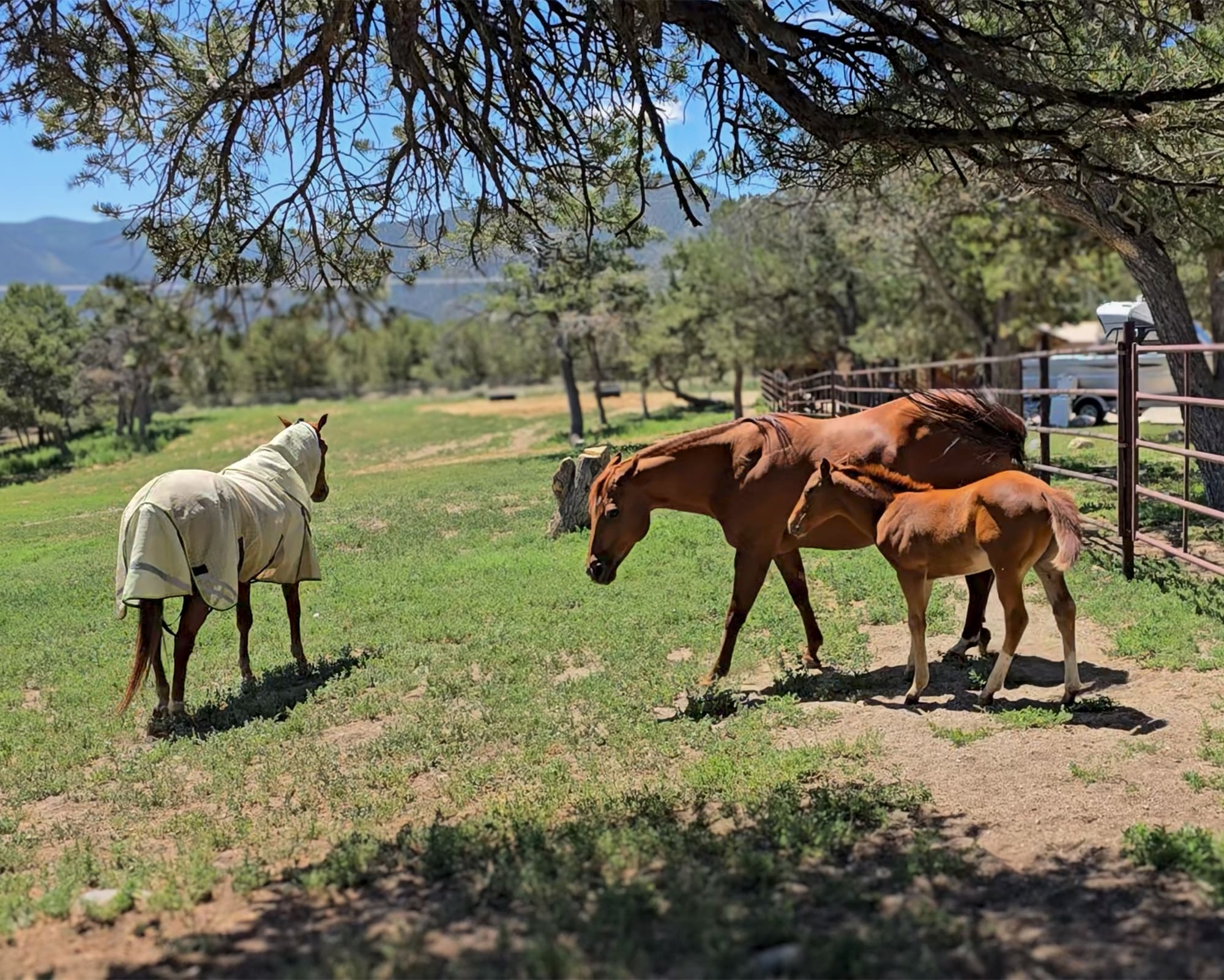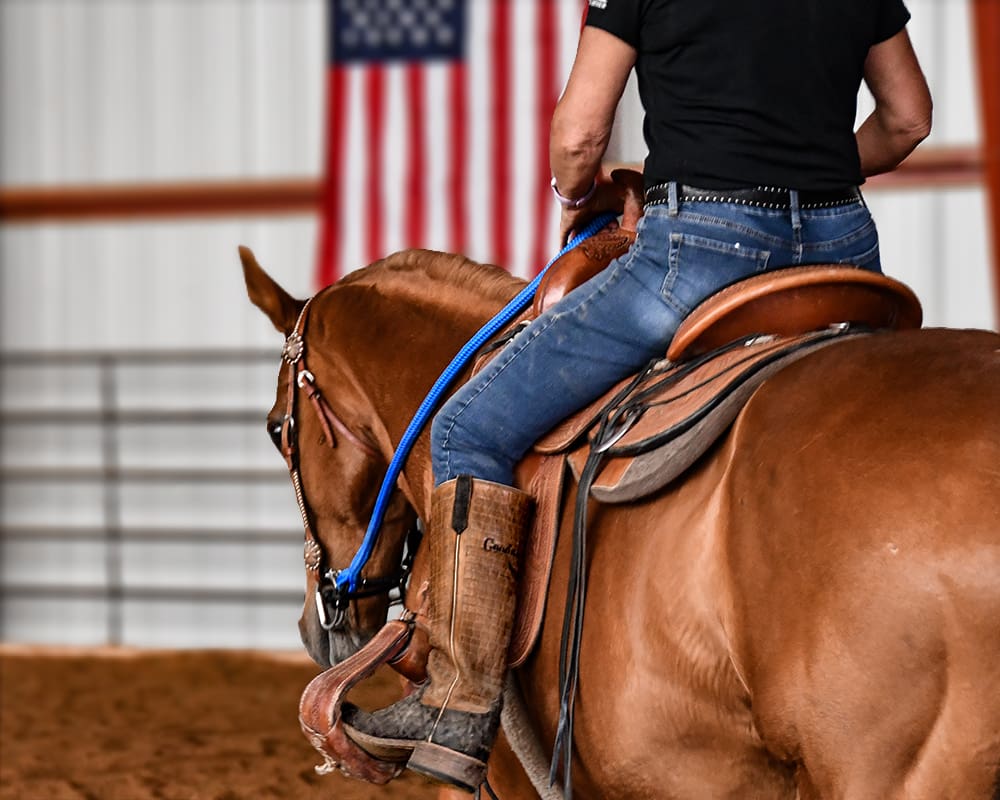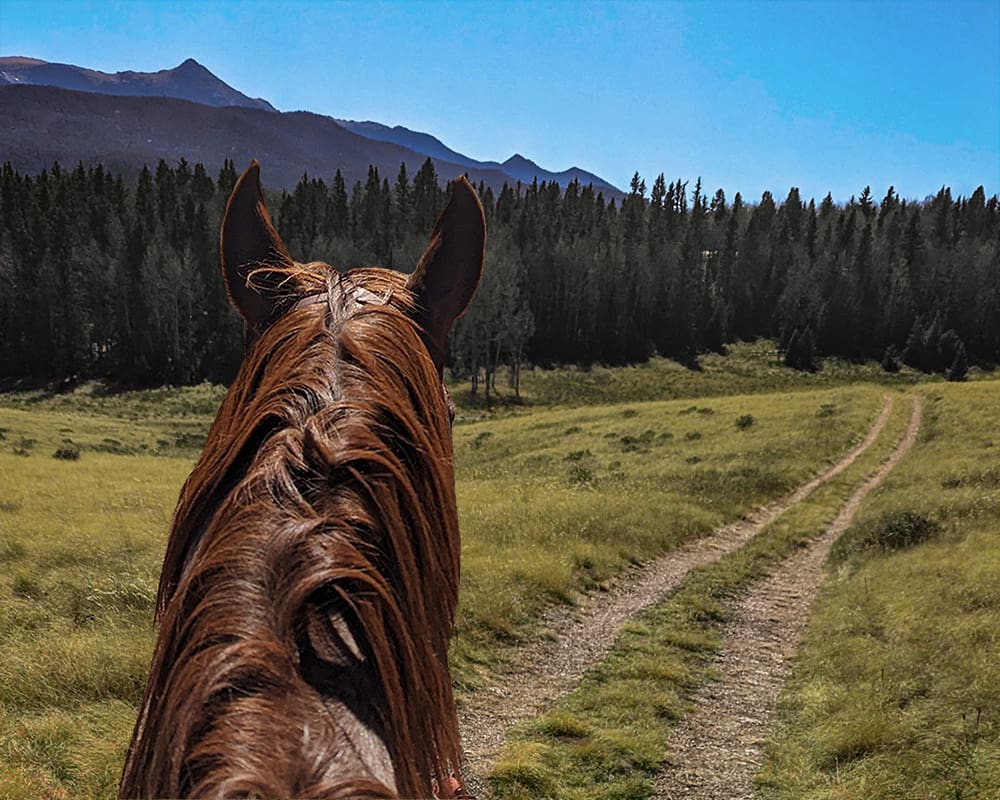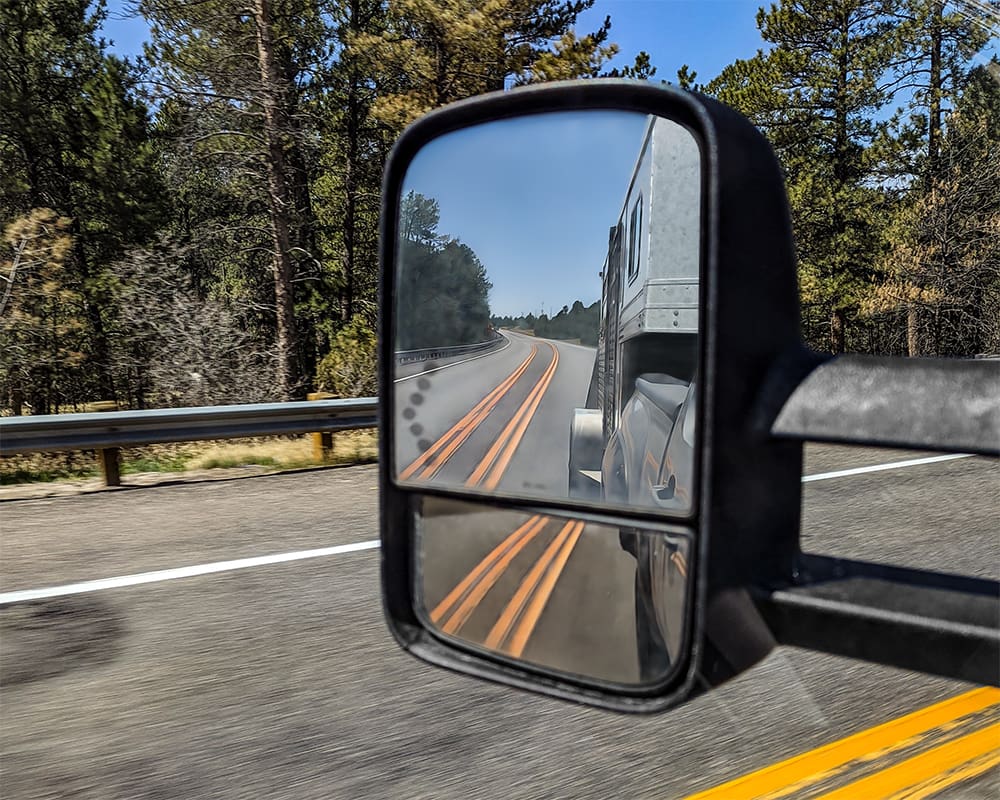Question Category: Horse Behavior
Question: Dear Julie Goodnight,
Several times this spring my mare has made a sound that sounds like a Donkey; she did it on the 28th of May when I put her back in her corral after grazing her for an hour when she met her next-door neighbor, who is a gelding. Then she did it again on the 12th of this month for no apparent reason.
My sister suggested that maybe my horse’s body wasn’t working normally when she could bully the other horse that was with her out of his food, i.e. goats, when a doe is fat her body doesn’t work quite right so she does not come into season when she should. My sister thought that maybe the same thing has happened to my horse, and now that my horse can’t bully the other horse out of his food, her body is working correctly again. I would appreciate your advice on the matter. Thank-you for your time,
Mary Cruz
Answer: Mary,
Horses are limited to just a few audible expressions that they use to communicate, the whinny, nicker, snort, and squeal. I am guessing that you are describing a weird-sounding squeal. Each audible expression has a specific meaning. The squeal is a high-pitched outcry with meaning as a defensive warning or threat that the annoyed individual will become more reactive if further provoked. Squeals are typical during aggressive interactions between horses, during sexual encounters when the mare protests the stallion’s advances and when a pre- or early-lactating mare objects to being touched anywhere near her sore teats.
Nickers are the guttural, low-pitched pulsating expressions and occur most often just prior to being fed and announce the horse’s presence and anticipation. Stallions will also nicker at mares during a sexual encounter and it seems to signal the stallion’s sexual interest. Mares typically give a third type of nicker to their young foals when the mare is concerned about the foal. Basically, all three types of nickers mean “Come closer to me.”
Whinnies or neighs are high-pitched calls that begin like a squeal and end like a nicker and it is the longest and loudest of horse sounds. The whinny seems to be a form of individual recognition and most often occurs when a foal and mare or peer companions are separated or when a horse is inquisitive after seeing a horse in the distance. The whinny seems to be a searching call that facilitates social contact from a distance.
Snorts and blows are both produced by forceful expulsion of air through the nostrils. The snort has a rattling sound but the blow does not. The snort and blow communicates alarm and apparently serves to alert other horses. The snort may also be given when a horse is restless but constrained and in this case it should be taken seriously as a sign that the horse is feeling trapped and alarmed and may become reactive. Get Behavior Teaching Here
Check out all of Julie’s Training Videos HERE
Copyright ©Julie Goodnight 2000. All Rights Reserved. No part of this website may be reproduced without owner’s express consent.



